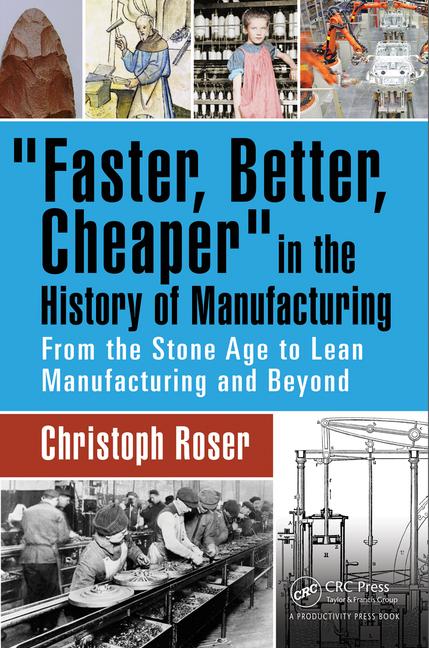The company picked Georgia from a list of more than 20 states. Ironically, that list did not include Illinois, home to Caterpillar’s corporate headquarters and three of its assembly plants. It wasn’t the first time Cat had snubbed Illinois, either.
Indeed, Caterpillar has announced plans for several new factories during the past few years, and none have been in Illinois. For example, when Caterpillar’s Electro-Motive Diesel division wanted to expand its locomotive manufacturing operation in 2010, it chose Muncie, IN, over an existing location in suburban Chicago. Although Caterpillar has increased its U.S. workforce by more than 14,500 in the past decade, its Illinois workforce has remained at the same level.
Doug Oberhelman, Caterpillar’s chairman and CEO, has been candid about why. “When Caterpillar and most other companies look to locate a new factory in the United States, Illinois is not in the running,” he wrote in a Feb. 12 essay published in the Chicago Tribune. “Illinois has not done what is necessary to balance its budget [and it] will be among the most expensive states in the nation for workers’ compensation costs.”
Oberhelman’s concerns are genuine. Illinois’ budget deficit is a whopping $15 billion—more than seven times higher than Georgia’s. Only California and Texas are in worse financial shape.
If state budget deficits seem tangential to manufacturing, they’re not. States hamstrung by red ink can’t invest in infrastructure, workforce development and other manufacturing necessities, nor can they create the favorable tax climates that are so critical for luring major capital investments like assembly plants. Indeed, Illinois’ corporate tax rate is 9.5 percent, fourth highest in the nation. Georgia’s is only 6 percent.
Shall we go on? Each year, the Work Loss Data Institute assigns letter grades to state workers’ compensation programs based on their cost and effectiveness. Last year, Illinois got an F. Georgia received an A.
Every two years, the Pacific Research Institute publishes the U.S. Tort Liability Index, a study of which states impose the highest and lowest tort costs. The latest index, published in 2010, ranks Illinois as the 47th worst state for tort costs. Georgia places 28th.
Georgia is a right-to-work state. Illinois is not.
Add to all this Illinois’ legacy of corrupt politicians—four of the state’s governors have been sentenced to prison since 1973—and we can hardly blame any manufacturer for not wanting to set up shop there.
Let this be a lesson to all state governments looking to host the next major assembly plant: Be less like Illinois and more like Georgia.








